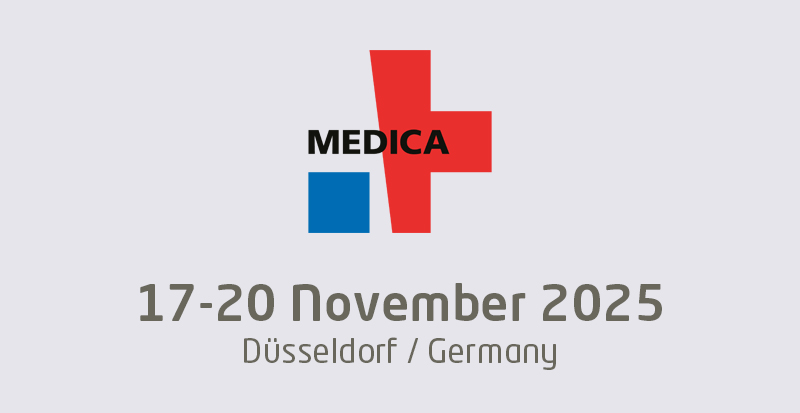Meaningful use stages 1 and 2 fall short of implementing the interoperability among electronic health records that is necessary to facilitate information exchange and develop a robust health data infrastructure, according to a new report from a taskforce assembled by the MITRE Corporation, Health Data Management reports.
Under the 2009 federal economic stimulus package, health care providers who demonstrate meaningful use of EHR systems can qualify for Medicaid and Medicare incentive payments (Slabodkin, Health Data Management, 4/17).
Details of Report
HHS released the report, which was developed by JASON, an independent taskforce that advises the federal government on issues pertaining to science and technology (DeSalvo, “Health IT Buzz,” 4/16). The report was funded by the Agency for Healthcare Research and Quality.
In the report, the taskforce concluded that the criteria for meaningful use stages 1 and 2 “fall short of achieving meaningful use in any practical sense,” adding that “large-scale interoperability amounts to little more than replacing fax machines with the electronic delivery of page-formatted medical records.”
According to the taskforce, “most patients still cannot gain electronic access to their health information,” and “rational access to EHRs for clinical care and biomedical research does not exist outside the boundaries of individual organizations.”
Recommendations
The authors recommend that CMS “embrace Stage 3 meaningful use as an opportunity to break free from the status quo and embark upon the creation of a truly interoperable health data infrastructure” (Health Data Management, 4/17).
In addition, they recommend that the Office of the National Coordinator for Health IT:
- Develop “overarching software architecture for health data infrastructure” within 12 months;
- Ensure that Stage 3 objectives be defined in such a way that they “enable the creation of an entrepreneurial space across the entire health data enterprise”;
- Solicit input from the biomedical research sector to ensure that the data infrastructure “meets the needs of researchers”;
- Ensure that the software architecture is flexible enough to accommodate new data types, has the capacity to expand and is able to balance “the privacy implications of new data types with the societal benefits of biomedical research”;
- Lead efforts to ensure international interoperability in order to facilitate research; and
- Employ large-scale data mining techniques and predictive analyses to detect fraud (JASON report, 4/9).
Reaction
National Coordinator for Health IT Karen DeSalvo in a blog post said that the report was a “comprehensive and thoughtful look at the technical challenges in our health [IT] system” (Health Data Management, 4/17).
DeSalvo added that CMS has “already begun to work on many of the recommendations cited in the report,” although she acknowledged that “this represents the beginning, not the end of our efforts.” She said that the agency likely will prioritize “meaningful interoperability” as it moves to “build a national consensus agenda on health IT” (“Health IT Buzz,” 4/16). Source
























